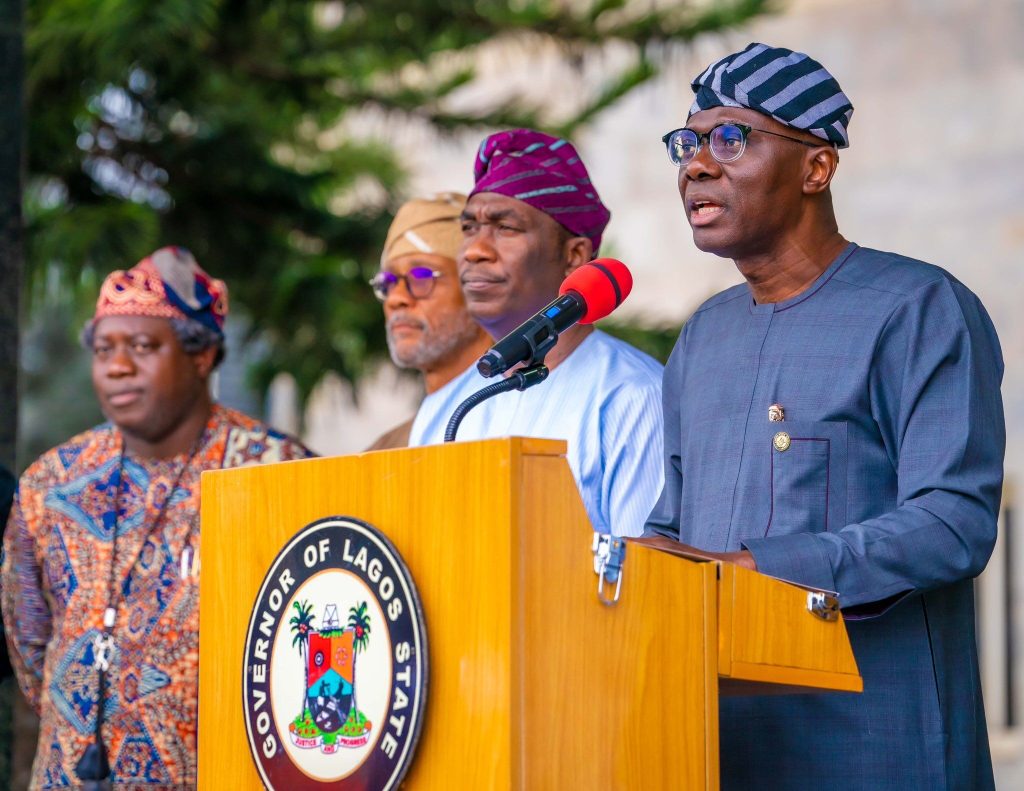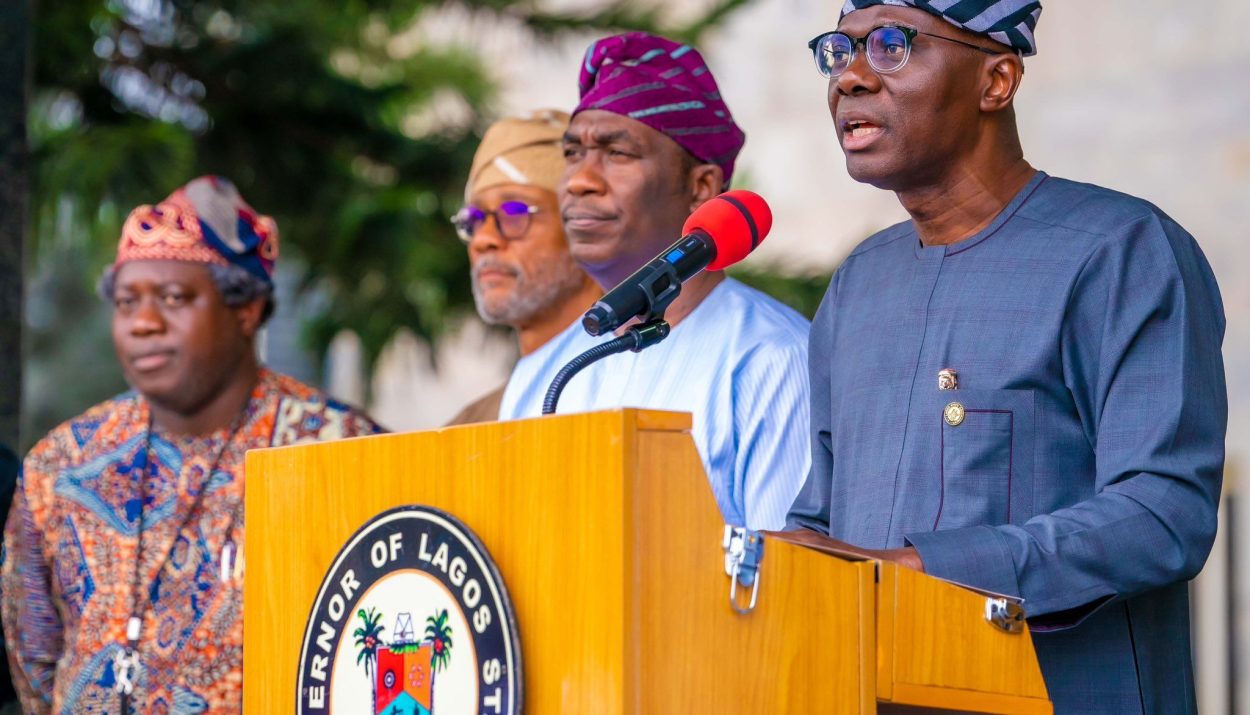In a significant move toward environmental sustainability, the Lagos State Government has announced that a ban on single-use plastics, including sachet water and PET bottles, will take effect from January 2025. This decision is part of ongoing efforts to combat the growing plastic waste crisis and its detrimental environmental effects.

The Commissioner for the Environment and Water Resources, Tokunbo Wahab, announced the announcement during an Ikeja event on Tuesday, October 2. He emphasized that plastic waste constitutes a substantial portion of solid waste in the metropolis, contributing to littering and environmental degradation.
“Plastic waste materials make up a significant proportion of solid wastes and litter the metropolis. It has become a highly visible part of the waste stream,” Wahab stated. He highlighted that commonly used items such as PET bottles, styrofoam containers, nylon sachets (popularly known as ‘pure water’), take-away plates, cups, and carrier bags contribute to the alarming levels of pollution.
The commissioner outlined the negative impacts of plastic waste on the environment, including ecosystem degradation, clogged drainage systems leading to flooding, and debris in lagoons and oceans, which pose risks to both human health and the economy. “This development is posing environmental challenges ranging from ecosystem degradation to drainage clogging and flooding, which has high socio-economic impacts on the state,” he noted.
The state government previously initiated a ban on styrofoam in all government establishments, effective February 12, 2024, following a three-month moratorium. In response to stakeholders’ concerns, a six-month moratorium for single-use plastics was introduced, extended until the end of 2024 to allow for further consultation and engagement with affected parties.
The ban aims to enhance the cleanliness of Lagos, improve the state’s drainage systems, and significantly reduce plastic pollution in marine environments. The government encourages citizens and businesses to prepare for this transition, promoting sustainable alternatives to single-use plastics in their daily activities.






